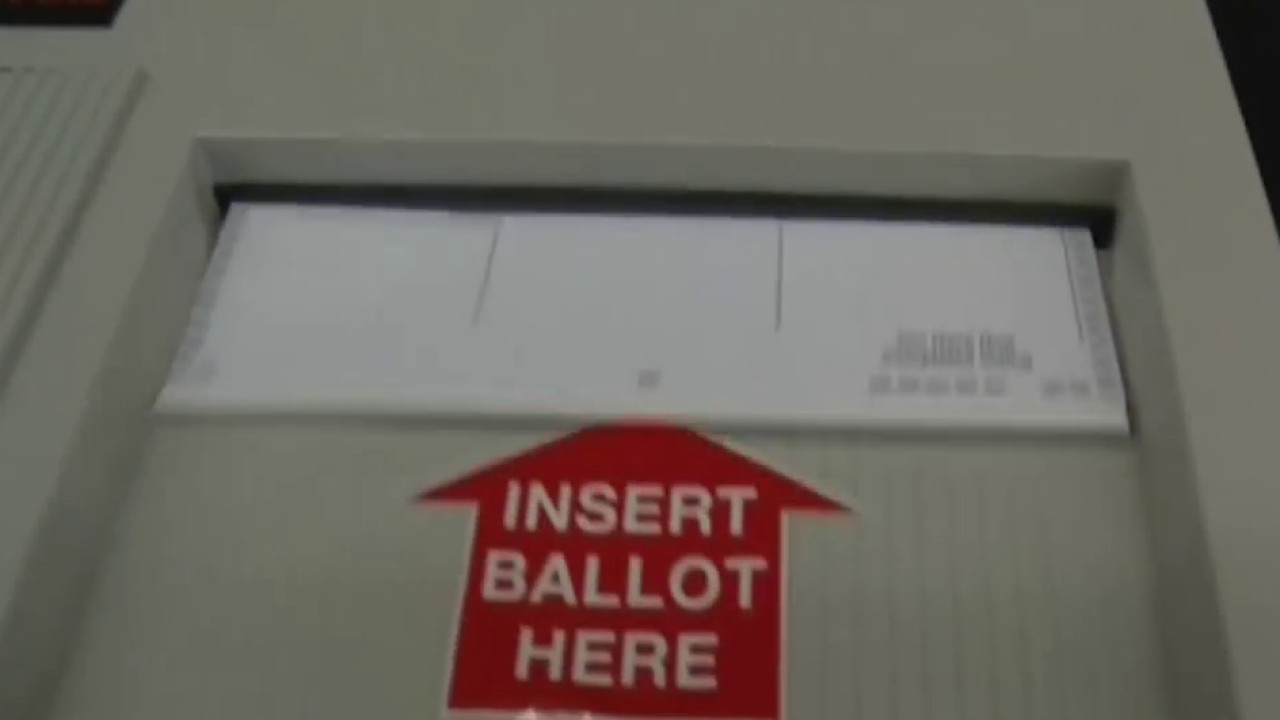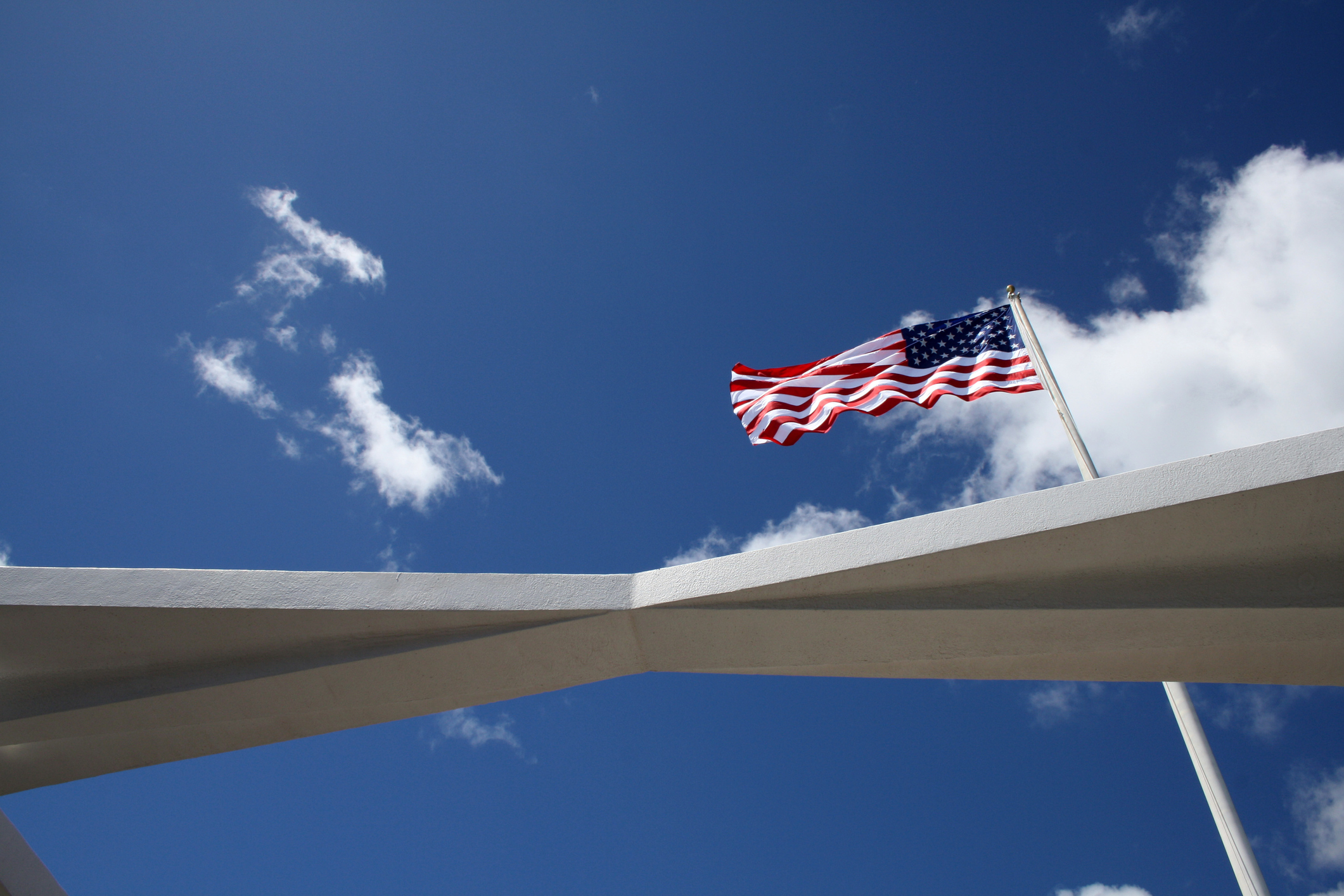Chicago City Council passed Mayor Lori Lightfoot's $11.6 billion budget Wednesday, voting in favor of her proposal to fill an $838 million deficit in the coming year.
Though Lightfoot's budget proposal passed the City Council, 11 of the 50 aldermen voted against it - a relatively signficant number considering it did not include what she called a "meaningful" but politically unpopular property tax increase.
Before the vote Tuesday, the City Council's six Democratic Socialist aldermen released a letter they sent Lightfoot, saying that they would vote against her budget because it "does not reflect Chicago's progressive values."
The letter - signed by 1st Ward Ald. Daniel La Spata, 20th Ward Ald. Jeanette Taylor, 25th Ward Ald. Byron Sigcho Lopez, 33rd Ward Ald. Rossana Rodriguez, 35th Ward Ald. Carlos Ramirez-Rosa and 40th Ward Ald. Andre Vasquez - said the budget contains "an over-reliance on property taxes" and "regressive funding models" that are "burdensome to our working-class citizens, while giving the wealthy and large corporations a pass."
The coalition of progressive aldermen also took issue with the budget measure's provision to raise the minimum wage to $15 by 2021, because it does not include tipped workers and has a lower tier for businesses with fewer than 20 employees.
Lightfoot unveiled details of her budget plan in a speech in October, giving a more complete picture of how she planned to tackle the city's financial problems - including some tax increases.
Using what she called "zero-based budgeting," or building the budget "from the ground up," Lightfoot said her administration identified hundreds of millions of dollars in savings, efficiencies, consolidations, restructuring departments, refinancing of debt and more.
Among the most controversial parts of her budget is a proposal to increase taxes on single rides with ride-share companies, as well as rides that begin or end in Chicago's downtown area. Under the measure, the city's Ground Transportation Tax would increase on all single ride-sharing trips from $0.60 per trip to $1.13 per trip. It would also designate a downtown zone where trips beginning or ending within its borders between 6 a.m. and 10 p.m. would be charged an additional $1.75 per single ride and $0.60 per trip for shared rides.
This new fee structure is expected to generate $40 million in revenue, Lightfoot said, with a portion dedicated to improving public transportation and a portion allocated to the budget deficit.
Lightfoot also proposed a tax hike on all food and drinks sold at Chicago restaurants, doubling it from its current .25% to .5%, which her administration estimates would bring in about $20 million. Another $7 million will come from increasing rates on downtown parking meters, Lightfoot said, as well as the addition of parking meters in the city's West Loop neighborhood.
In addition to the six aldermen who signed the letter, 49th Ward Ald. Maria Hadden and 9th Ward Ald. Anthony Beale rose in opposition to the proposal during debate.
"This is not a balanced budget. This is a budget with a bunch of holes that are going to have to be filled at a later date," Beale said, calling for a delay in the vote and taking issue specifically with $163 million in ambulance reimbursement payments Lightfoot included in her budget that require the federal government to approve a higher rate, which has yet to happen.
The budget "is completely unbalanced to the tune of $163 million," 15th Ward Ald. Ray Lopez said, speaking against the proposal in debate. "It is the greatest trick we've seen so far."
Two other elements Lightfoot had originally hoped to include in her budget required approval from lawmakers in Springfield - something she was unable to get in the fall veto session.
First was the passage of a graduated real estate transfer tax, which applies to anyone buying or selling a home. Lightfoot said this change was projected to bring in $50 million this year and an additional $100 million each year after that. But after it did not pass the legislature, she turned instead to more departmental cuts.
The second item she highlighted in her budget speech that needed lawmakers' approval is a change to the tax structure to make a casino in Chicago viable. The legislature authorized a Chicago casino earlier this year, but a study on its feasibility found that the "onerous" tax and fee structure would make it nearly impossible to attract an investor.
"If we don’t get the authorization we need, we will be forced to make more painful choices when it comes to new sources of revenue," Lightfoot said during her October budget address.
"And we all know what those choices are," Lightfoot she continued, seemingly alluding to a large property tax increase she said she heard "time and again" that residents do not want. "But I have full confidence that we will be able to work with our partners in the state capital to keep that from happening."
State legislative leaders indicated that both measures would be taken up in the spring session beginning in January.
Local
While Lightfoot said her budget contains no "meaningful" property tax increase, it does include an $18 million increase in the library portion of property taxes to enable Chicago Public Library locations to be open seven days a week.



